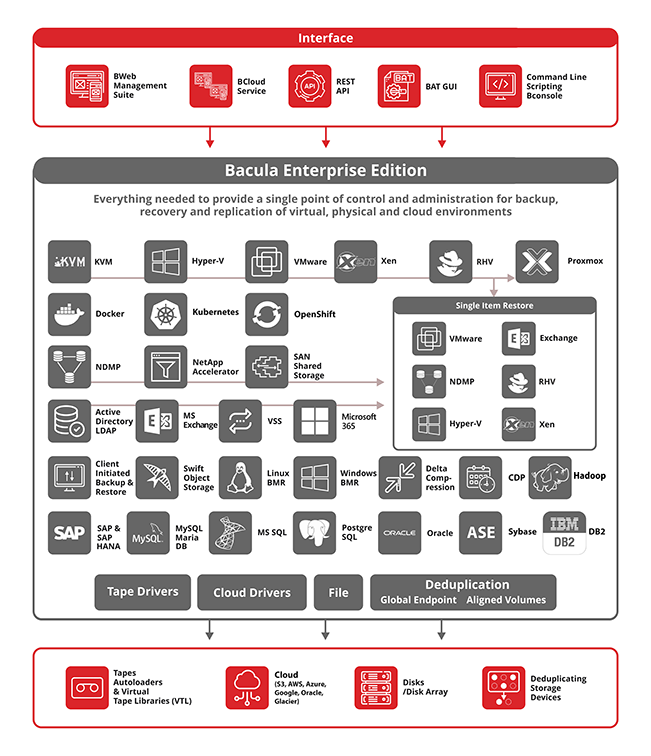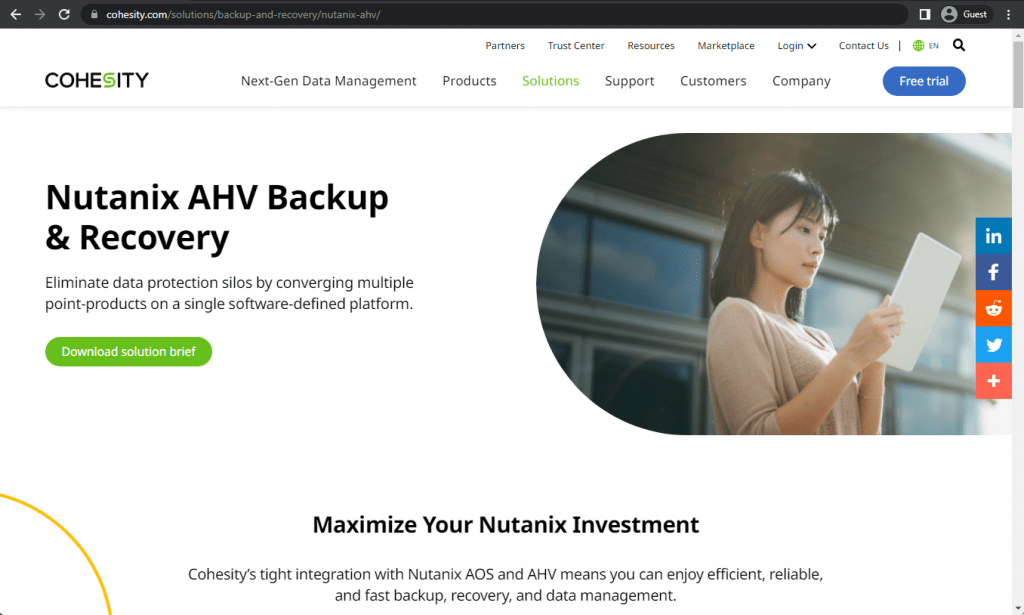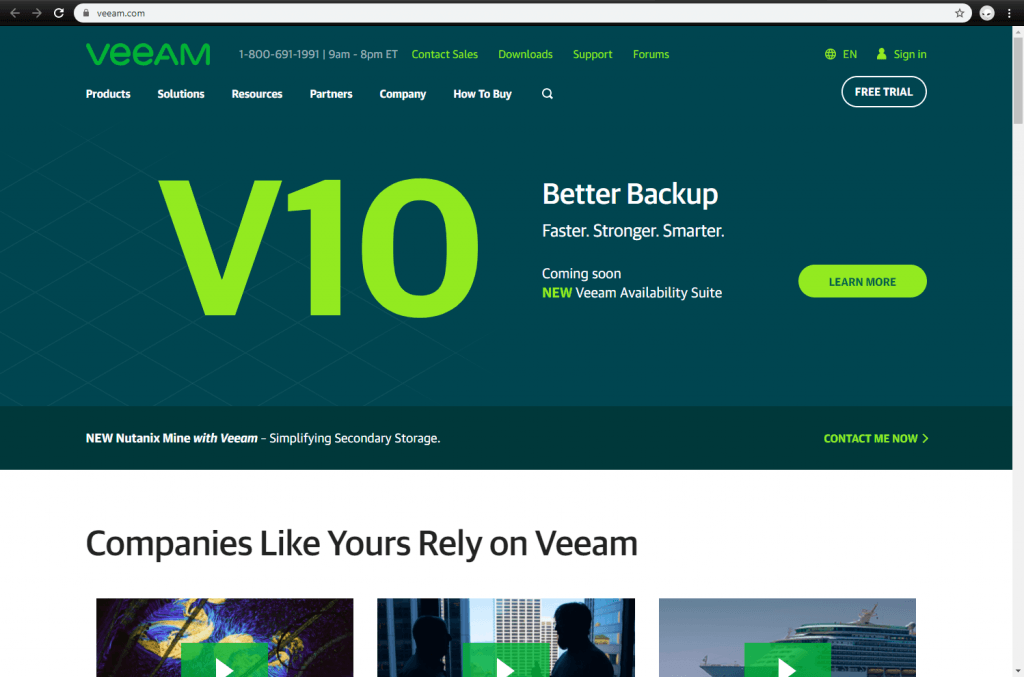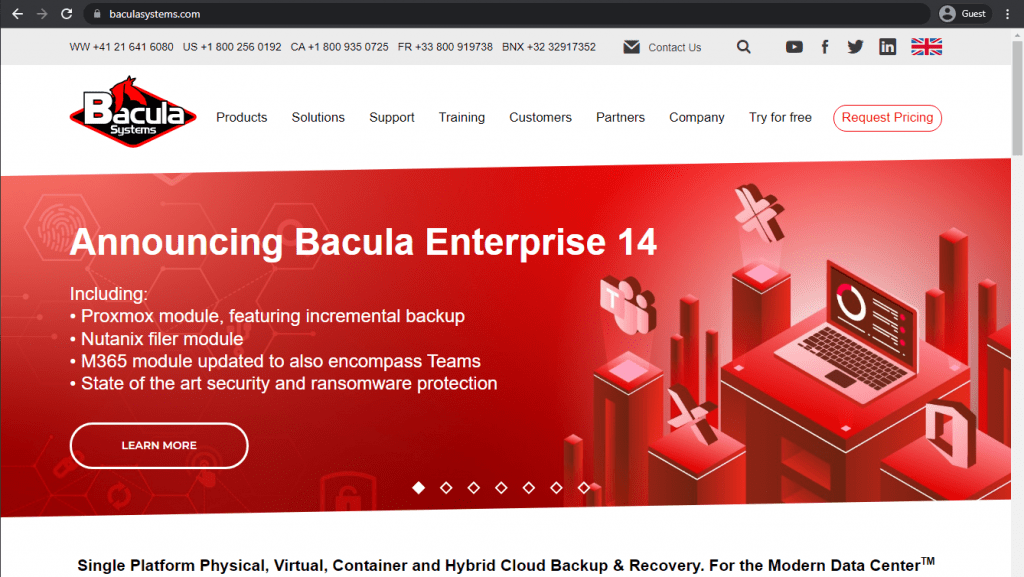For people and organizations around the world, maintaining up-to-date backups of all information stored in computers and smartphones can be critical. If something unexpected happens, for example, if the files get deleted or are found corrupted, a hard drive fails, or a malicious actor tries to steal information, you can still have access to your data.
In theory, backing up your information should be a relatively straightforward process. You first create a copy of your files, databases, and applications and then store them in a secondary location where they can remain locked and safe. In the case of an unplanned event, you can then go back to the copy and recover the data. However, there are many ways to do this. Some companies use external drives as a safe location, including USB sticks or tape storage. As cyber threats become more complex many also choose a cloud system that can make the data more accessible and automate the regular creation of backups.
A combination of both on-premise and cloud storage tends to be a popular solution when a large data volume is involved, as it can provide more security and reliability. Luckily, there are numerous tools that allow companies big and small to back up and restore their data. Three popular choices are Cohesity, Veeam, and Bacula Enterprise. So, what’s the difference between them, exactly, and what are each solution’s pros and cons?






